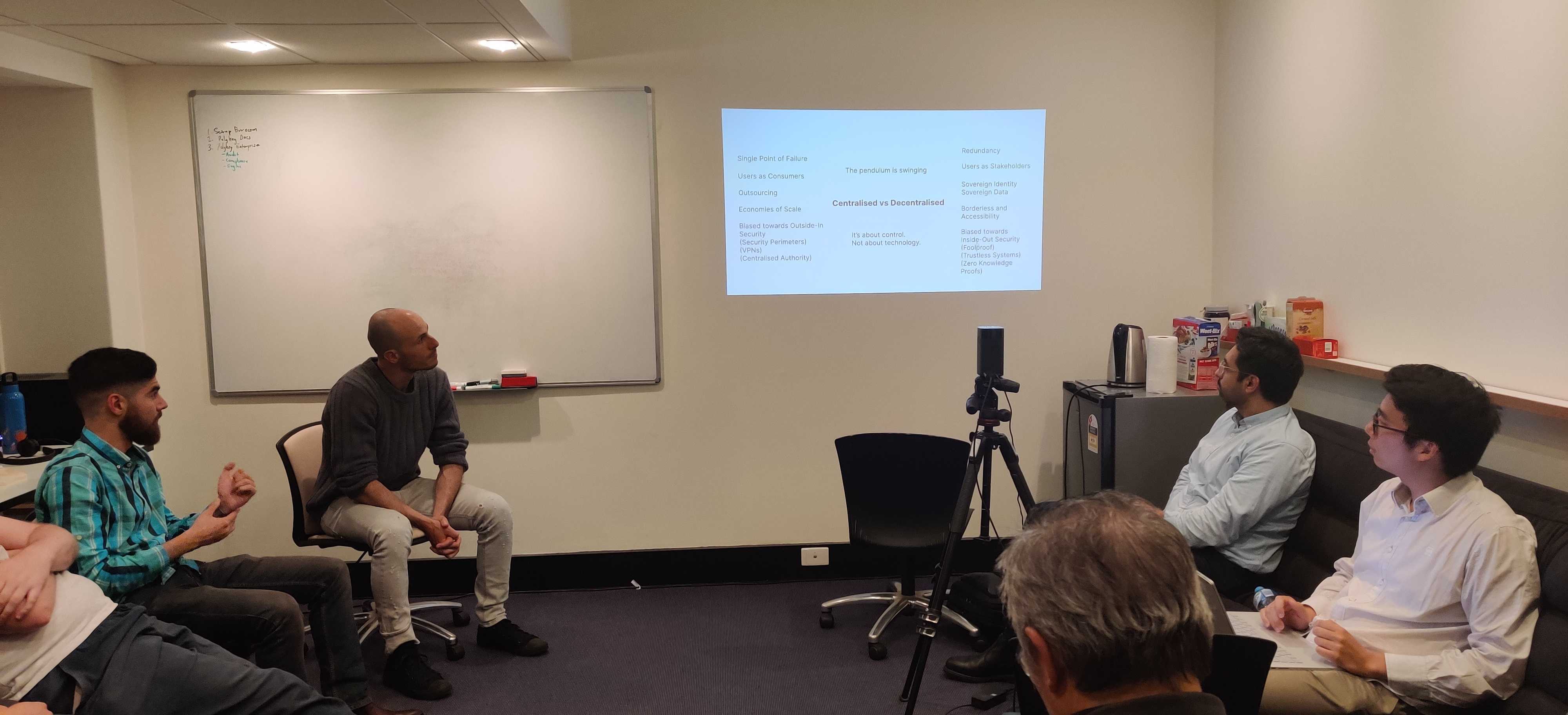
Content Commoditization and Trust in the Bot Era
Welcome to the era where AI isn't just augmenting our lives; it's beginning to commoditize our very thoughts, creations, and even our conversations. In this world, the bots don't just talk, they create, consume, and regurgitate content with such efficiency that the lines between original and synthetic blur. And, as this happens, something profound shifts in the digital landscape. Trust becomes the new currency.
We've all witnessed it. The explosion of AI-driven content generators, from GPT-4 and Claude to specialized coding bots like Aider, is transforming how content is created. These tools can whip up an article, solve complex coding problems, and even generate entire software modules, faster and cheaper than ever. This isn't just a revolution in productivity; it's a fundamental shift towards the commoditization of content itself.
For example, a colleague in clean energy consulting recently swapped original research for ChatGPT, using it as the foundation of all his presentations. The efficiency gains are undeniable, but so is the loss of originality. It's no longer about uncovering new insights; it's about remixing existing ones to suit the needs of the moment. And if we, as engineers, are honest with ourselves, how many of us have shifted from Stack Overflow to ChatGPT for problem-solving? The reliance on AI-generated content is becoming ubiquitous. It's just more specific and more convenient.
With everyone relying on AI to generate and consume content, a new question arises: what's the incentive to create human generated content if it's just going to be absorbed into the AI ecosystem? Bots consuming bots, an idea once relegated to dystopian fiction, is quickly becoming a reality. Content is generated, spliced, repurposed, and consumed, often without credit, copyright, or even a hint of authorship. It's content stripped down to its purest form—knowledge, ready for consumption, free from the constraints of origin.
This leads us to the "Dead Internet Theory" a concept where much of the Internet's content could soon be generated by AI, with humans playing a minimal role. More than a decade ago, I joked about creating an AI called Singularity to flood social networks with AI-generated noise until they collapsed. This is our reality now.
It is a world where LLM Optimisation (LLMO) replaces Search Engine Optimisation (SEO). Where website rankings are entirely irrelevant, because people aren't going to visit the original source when all consumption and generation of content will be mediated by AI.
The common retort to this, is that the majority of AI content will be garbage, and AI garbage/noise will overwhelm the good stuff/the signal. However this is only a problem when there's no discriminator of signal versus noise. Every content distribution system is a form of discrimination, that separates the noise from the signal. And the evidence shows that even before the advent of LLMs, the majority of content was garbage anyway. The same algorithms that bubbles up the good content will continue to work even in the world of LLM generated content. The biggest losers here are those that rely on content alone to make money. The question that must be asked is: where is the moat?
In a world where content is increasingly commoditized, the value of trust and authenticity skyrockets. The next wave of technological evolution isn't just about better AI; it's about creating systems that ensure the authenticity and provenance of the content we consume. At Matrix AI, we envision tools like Polykey becoming the decentralized trust infrastructure that democratizes access to provenance tooling for everyone. Forget blue checkmarks; we’re talking about a system where the very fabric of content is interwoven with verifiable trust.
We're moving towards an era where trust isn't just an add-on but a necessity. Imagine a future where every piece of content, every line of code, and every article is backed by an indelible record of its origin and modifications. That's where we're headed, and it's going to redefine how we interact with the digital world.
As we stand on the brink of this new era, it's essential to ask ourselves: How will we adapt? How will we maintain the balance between innovation and authenticity? The AI-driven commoditization of content is here to stay, but so is the growing demand for trust and provenance. We believe that the technological tools we're developing today, like Polykey, will play a pivotal role in shaping this future.
The bots are taking over, but it’s up to us to ensure that trust remains a fundamental part of the equation.

